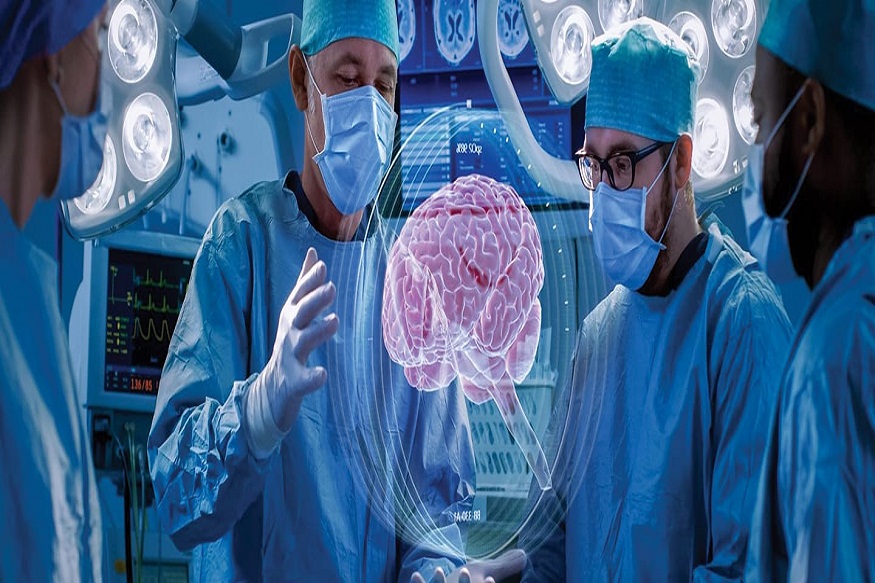Title: Migraine: Causes, Symptoms, and Treatments
Migraine is a neurological disorder characterized by recurring headaches that can be moderate to severe in intensity. It affects millions of people worldwide, causing significant pain and disruption in daily life. In this blog post, we will explore the causes, symptoms, and various treatment options available for managing migraines.
Understanding Migraine
Causes
The exact cause of migraines is not yet fully understood, but several factors are believed to contribute to their onset. These include genetics, hormonal changes (such as fluctuations in estrogen levels), certain triggers (such as stress, certain foods, or environmental factors), and alterations in brain chemicals and blood vessels.
Symptoms
Migraine headaches are typically characterized by pulsating pain, often on one side of the head. Other common symptoms include nausea, vomiting, sensitivity to light and sound, and visual disturbances known as auras. Auras can manifest as flashing lights, blind spots, or zigzag lines, and usually occur before the headache phase.
Treatment Options
Lifestyle Modifications
Certain lifestyle modifications can help manage and prevent migraines. These include:
– Establishing a regular sleep schedule and ensuring sufficient sleep.
– Managing stress through relaxation techniques, such as deep breathing exercises or meditation.
– Regular exercise, which can help reduce the frequency and severity of migraines.
– Identifying and avoiding triggers, such as specific foods, strong odors, or environmental factors.
Over-the-Counter Medications
For mild to moderate migraines, over-the-counter pain relievers like acetaminophen (Tylenol), nonsteroidal anti-inflammatory drugs (NSAIDs) such as ibuprofen (Advil, Motrin), or aspirin can provide temporary relief. However, frequent or excessive use of these medications may lead to medication overuse headaches, so it’s important to follow the recommended dosage guidelines.
Prescription Medications
In cases of severe or frequent migraines, prescription medications may be recommended. These can include:
– Triptans: These medications help relieve pain and other migraine symptoms by constricting blood vessels and blocking pain pathways in the brain.
– Ergots: Ergotamine medications are useful for treating migraines that last longer than 48 hours or are resistant to other treatments.
– Anti-nausea medications: These can help alleviate nausea and vomiting associated with migraines.
– Preventive medications: If migraines are frequent and significantly impact daily life, preventive medications may be prescribed to reduce the frequency and severity of attacks.
Complementary and Alternative Therapies
Some individuals find relief through complementary and alternative therapies, such as:
– Biofeedback: This technique helps individuals learn to control certain bodily functions, such as muscle tension or heart rate, to reduce migraine frequency and severity.
– Acupuncture: By inserting thin needles into specific points on the body, acupuncture may help alleviate migraines for some individuals.
– Herbal supplements: Certain herbal supplements, such as butterbur or feverfew, have shown potential in reducing the frequency of migraines, but more research is needed to establish their efficacy and safety.
Conclusion
Migraine headaches can significantly impact the quality of life for those who experience them. While the exact causes remain elusive, various treatment options are available to help manage and prevent migraines. By making lifestyle modifications, utilizing over-the-counter or prescription medications, and exploring complementary therapies, individuals can find relief and regain control over their lives. It’s important to work closely with healthcare professionals to determine the most appropriate treatment plan based on individual symptoms and needs. With the right strategies in place, individuals living with migraines can find relief and better manage their condition.



